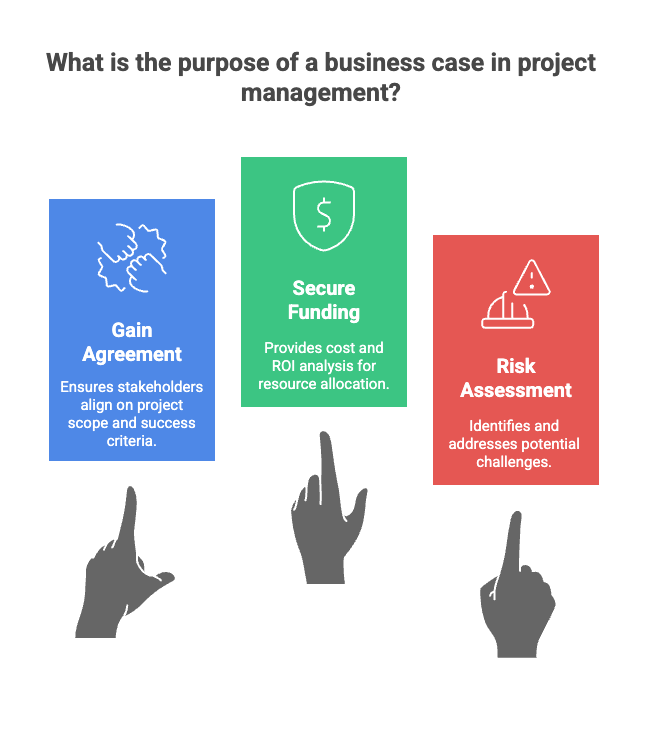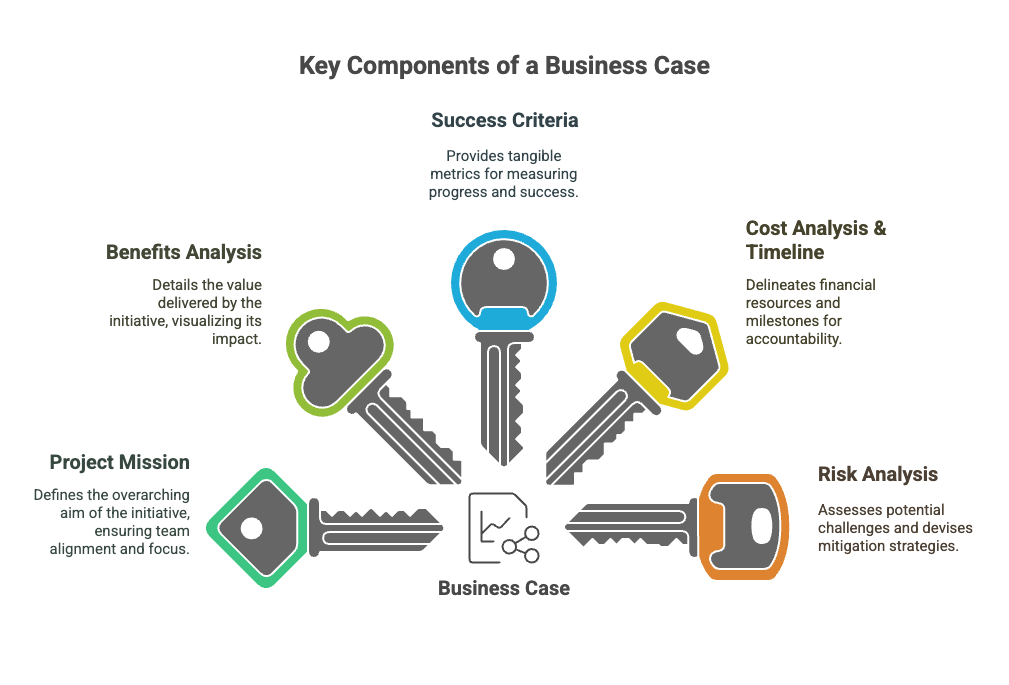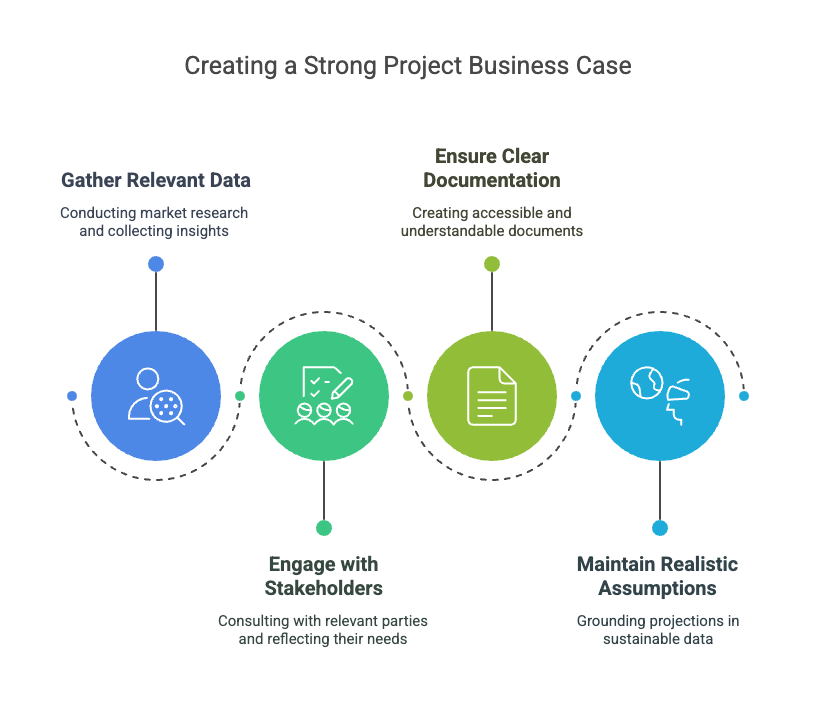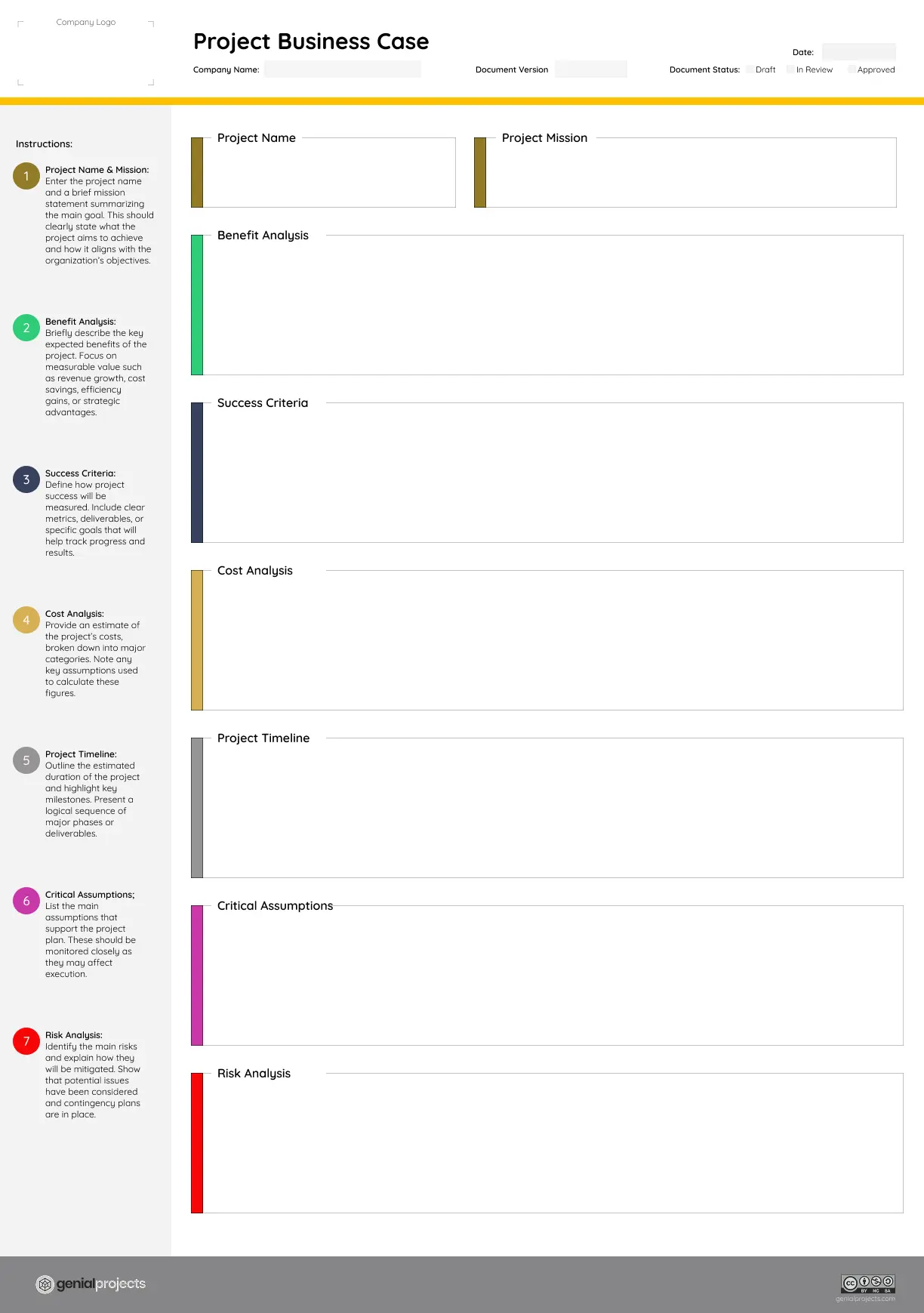In today's rapidly evolving marketplace, where technological advancements are reshaping industries, the necessity of a well-prepared Project Business Case cannot be overstated. Initiatives are often abandoned or fail to meet objectives due to inadequate planning and a lack of understanding regarding their value to the organization. A robust business case serves as a roadmap, guiding stakeholders through the initiation phase and setting the stage for successful execution. This article delves into the concept of a Project Business Case, elucidates its importance during the initiation stage, and offers guidance on crafting a compelling document that resonates with all stakeholders.
Understanding the intricacies of a Business Case is particularly crucial for Project Managers, Product Managers, and other leaders responsible for steering initiatives towards success. This article aims to provide you with a comprehensive overview of what a Project Business Case entails, its purposes in project management, and the essential components that make it effective. Whether you are an entrepreneur, an innovator, or an executive, grasping these concepts will enhance your ability to champion successful initiatives within your organization.
What is a Project Business Case?
A Project Business Case is a formal document that articulates the justification for undertaking a specific initiative. It offers a comprehensive analysis of the reasons why the initiative should be pursued, outlining its objectives, anticipated benefits, and potential risks. Essentially, it answers the critical question: “Why should we invest time and resources into this initiative?” This document serves not only as a persuasive tool for decision-makers but also as a foundation from which all planning and implementation will occur.
In its essence, a Business Case integrates both qualitative and quantitative data to substantiate the initiative’s value proposition. It requires careful consideration of various factors, including financial metrics, stakeholder interests, and organizational alignment. By meticulously evaluating these elements, the Project Business Case provides a structured approach that helps ensure all angles are considered before committing to a course of action. This thorough analysis not only aids in decision-making but also fosters a culture of accountability and transparency among stakeholders.
Purpose of a Business Case in Project Management
The Business Case serves multiple purposes within the domain of project management, catering to the needs of stakeholders at various levels. Primarily, it seeks to gain agreement on the scope and success criteria of the initiative, which is vital for aligning expectations. By clearly defining what success looks like for the project, the Business Case fosters common understanding and sets measurable goals that can be pursued throughout the project lifecycle.
Additionally, the Business Case plays a crucial role in securing funding and resource allocation. Decision-makers often require a detailed analysis of costs and potential returns on investment before they can confidently allocate resources to a new initiative. The information included in the Business Case helps evaluate the initiative against others within the project portfolio and supports informed decisions about prioritization. Importantly, this document also allows for a thorough risk assessment, enabling stakeholders to identify potential challenges and obstacles before the project advances from initiation to planning. It ensures that all risks are documented, evaluated, and addressed in a systematic manner, reducing the likelihood of surprises down the road.

Key Components of a Business Case in Project Initiation
To create a compelling Business Case, it is essential to include several key components that together provide a holistic view of the initiative. One of the foundational elements is the project mission, which succinctly outlines the overarching aim of the initiative. This statement helps to keep the team focused and aligned on what they are striving to achieve.
Another critical component is the benefits analysis, which details the value delivered by the initiative. Highlighting anticipated outcomes allows the organization to visualize the direct impact of proceeding with the initiative. Success criteria also play a vital role, providing tangible metrics through which project leaders can measure progress and success. Coupled with these are the cost analysis and timeline, which delineate the financial resources required and the milestones expected throughout the project. Together, these elements help establish a clear financial picture and create a timeline for accountability.
Finally, a strong Business Case should also include a risk analysis that thoroughly assesses potential challenges. By identifying critical assumptions and risks early on, project teams can proactively devise mitigation strategies, ensuring they are better prepared as the initiative progresses through its lifecycle. This element of transparency is essential for building trust among stakeholders and securing their ongoing support.

Creating a Strong Project Business Case
The process of creating an effective Business Case begins with gathering relevant data. This involves conducting market research, engaging with stakeholders, and collecting information that provides insights into both the internal and external environments relevant to the initiative. The depth and accuracy of this data will inform decisions and lend credibility to the Business Case.
Engagement with stakeholders is another crucial aspect of this process. It is vital to ensure that all relevant parties are consulted and that their opinions and needs are reflected in the Business Case. Achieving buy-in from stakeholders not only strengthens the proposal but also increases the likelihood of successful implementation. Clear and concise documentation is essential; the Business Case should be easily understood and accessible, avoiding technical jargon that could alienate stakeholders.
Lastly, it is important to ensure that the assumptions and estimates made within the Business Case are realistic. Overly optimistic projections can lead to disappointment and loss of credibility. By grounding the Business Case in realistic and sustainable data, you can build confidence in the initiative and foster an environment where stakeholders feel informed and engaged.


Free Project Business Case Template
Plantilla del Caso de Negocio gratis
Key Takeaways
In conclusion, the significance of the Project Business Case cannot be overstated. It acts as the cornerstone of successful project initiation, providing clarity, direction, and alignment among stakeholders. The Business Case not only assists in gaining necessary approvals but also advocates for a sustained focus on the project's success criteria throughout its lifecycle.
Developing an effective Business Case requires careful consideration of its key components, including mission statements, benefit analyses, and risk assessments. By prioritizing data gathering, stakeholder engagement, and realistic planning, organizations can create compelling Business Cases that resonate with decision-makers and set the stage for successful implementations. Emphasizing the value of a strong Project Business Case early in the project management process can significantly enhance an organization's ability to innovate and adapt in an ever-changing environment.